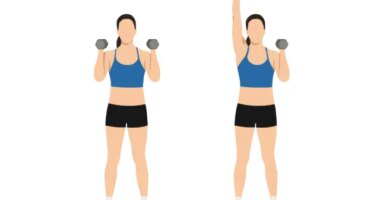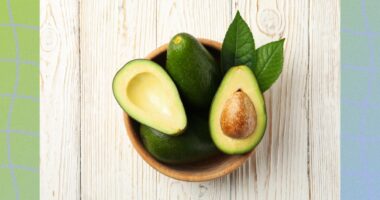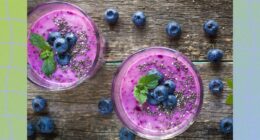I’m a pro-choice American woman and more than five years since my abortion I’m still gathering the courage to say that word: abortion.
When strangers muse on the age gap between my son and daughter, I’ve pointedly used the phrase “pregnancy loss” to explain how my second pregnancy ended. Loss is a statement of fact; the subject matter is both uncomfortable and sad enough to keep even the most nosy from inquiring further. Among trusted circles of fellow physician friends, I choose the word “termination,” but rarely “abortion.” “Termination” is polite, clinical; it provides a quiet and somber nod to what actually happened without saying it directly.
Eight days before my abortion in 2016, I was picking out baby names with my husband. I ran errands that morning, and my 20-week anatomy scan was set for that afternoon. I remember the ultrasound tech falling silent as she moved the probe and dragged cold gel across my swollen belly. Before I could make out the grainy screen, the doctor burst into the room and broke the news that the fetus’s brain had a large anomaly.
I spent that Christmas week weeping in clinic waiting rooms and on padded exam tables. An exact diagnosis was elusive but still devastating for the baby we hoped for. Dreamed of. Wanted. After seeking counsel from our medical team and our friends and family, my husband and I made the agonizing decision to end the pregnancy.
READ RELATED: Obese men in their 60s have lower sperm counts than slimmer men in the age group, study suggests
Twenty-two days after the abortion, I pushed a stroller carrying my toddler son down a wet street along a throng of people with posters, signs, and pink hats at the Women’s March in my hometown of Portland, Oregon. Under my raincoat, I wore a thin white shirt with Hillary Clinton’s prophetic quote in rainbow cursive print: “Human rights are women’s rights and women’s rights are human rights.”
Few people will tell you that when you have an abortion at 21 weeks, your body is wrecked: You can bleed for weeks and your breasts ache, swollen with the milk for the baby you didn’t bring home. I’m lucky to have undergone an abortion in a state that recognizes a woman’s full humanity so that I could focus on healing, even if it felt emotionally impossible at the time.
I majored in English in college before I became a doctor. In the weeks after my abortion, I read and reread Gwendolyn Brooks’s poem “The Mother” and now know it by heart. The second line is seared into memory: “You remember the children you got that you did not get.” Nearly every day I think of the child I got but did not get. But even in my lasting grief, I felt—and still feel—enormous relief. And I have no regret.
Source: SELF










